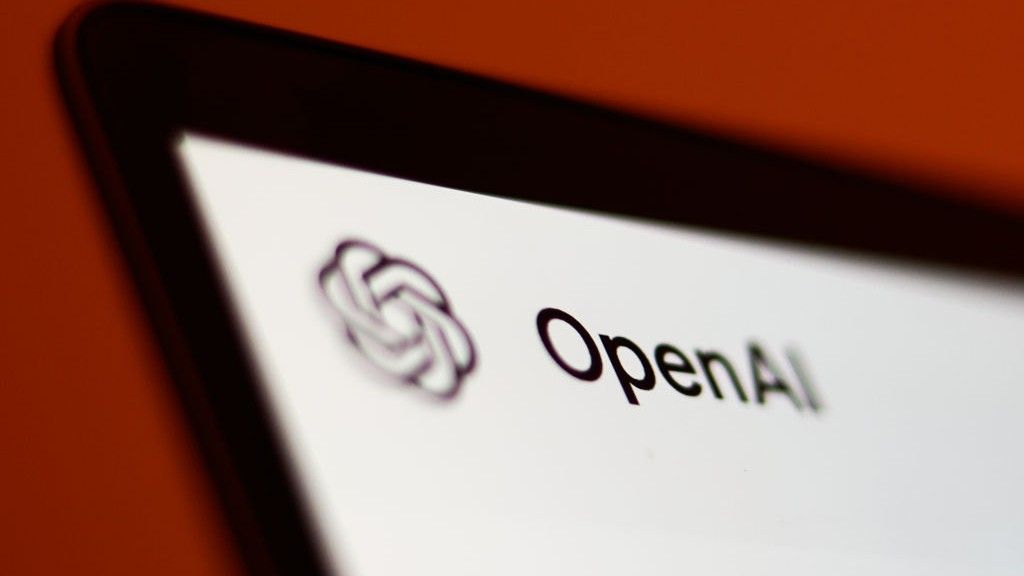
OpenAI beats copyright infringement lawsuit after complainants failed to allege cognizable injury: "Let us be clear about what is really at stake here. That question is not before the court today."
OpenAI's Copyright Victory Highlights Need for Better IP Protection Strategies
In an era where artificial intelligence and intellectual property rights increasingly intersect, businesses need robust solutions to protect and verify their digital assets. The recent dismissal of a copyright infringement lawsuit against OpenAI underscores the evolving landscape of IP protection and the importance of establishing clear ownership evidence.
Summary of the News
A New York federal judge has dismissed a copyright infringement lawsuit filed against OpenAI by news outlets Raw Story and AlterNet. The outlets claimed OpenAI had improperly used their copyrighted content to train ChatGPT without consent or compensation. However, the case was dismissed because the plaintiffs failed to demonstrate "cognizable injury" and couldn't specifically identify instances of copyright infringement. The judge noted that while the outlets' true concern was the uncompensated use of their content for AI training, that particular issue wasn't properly addressed in their legal argument.
Why This Matters for IP Protection
This case highlights a critical gap in traditional IP protection strategies. Content creators and businesses must now consider not just conventional copyright infringement but also how their intellectual property might be used in AI training datasets. The dismissal demonstrates that simply claiming copyright ownership isn't enough – organizations need verifiable proof of both ownership and specific instances of unauthorized use.
Impact on the Industry
For Content Creators
The ruling creates uncertainty around how content creators can protect their work from unauthorized AI training use. Without proper documentation and verification systems, proving specific instances of copyright infringement becomes increasingly challenging in the AI era.
For Businesses
Companies must now reconsider their IP protection strategies, particularly regarding digital content. The traditional approach of registering copyrights without maintaining verifiable proof of creation dates and usage rights may no longer suffice in disputes involving AI and machine learning.
How Blockchain Technology Can Help
Blockchain certification systems like CertVera provide an immutable record of intellectual property ownership and usage rights. By creating a timestamped, verifiable proof of existence on the Bitcoin blockchain, content creators can:
- Establish undeniable proof of content creation dates
- Maintain a clear chain of ownership
- Track and verify authorized usage rights
- Create evidence admissible in legal proceedings
Best Practices for Protection
- Document everything with blockchain certification
- Maintain detailed records of content usage and licensing
- Implement regular IP audits
- Use technological solutions to track content usage
- Create clear usage guidelines for your intellectual property
These steps, combined with blockchain certification, create a robust framework for protecting intellectual property in the AI age.
Looking Ahead
As AI technology continues to evolve, we can expect more cases challenging traditional intellectual property rights. The intersection of AI and IP law will likely require new approaches to protecting and verifying content ownership. Businesses that adopt blockchain-based verification systems now will be better positioned to protect their interests in future disputes.
Conclusion
The dismissal of the OpenAI lawsuit serves as a wake-up call for content creators and businesses to strengthen their IP protection strategies. With the right tools and approaches, organizations can better protect their intellectual property in an increasingly complex digital landscape.
Learn more about how CertVera can protect your intellectual property →